What is the future of travel in the age of pandemics, social distancing, and closed borders? (I ask myself) It’s hard to see that the travel industry, the largest industry in the world, employing perhaps ten percent of all workers, will have a decent future. More importantly, travel bloggers such as myself are way out of a job, despite this not being is a real job for most of us.
As I write this, May 2020, no one is traveling. About a third of the world is under some sort of lockdown, and 93% of the world’s population has some sort of travel ban with their country’s borders. I’ve been teleworking for seven weeks, with no end in sight. I was scheduled to go to an academic conference in Linguistics (my field) now, in mid-May, in Marseilles, France. That’s obviously canceled, fortunately before I bought tickets. The idea of taking a trip, traveling just for the enjoyment of traveling, is currently unthinkable. I’m not sure there’s more than a few places I could go right now, if I could even get out of the country.
I always have the next trip planned. Maybe not tickets bought and itinerary planned, but the next trip is always on the horizon for me, often the next couple trips. That’s me. For the first time in decades, I don’t have the next trip planned. Nothing is on the horizon. For travel bloggers, we’ve lost our purpose.
Traveling, yes, isn’t so important compared to what some people are going through, as saving lives and businesses and such. But it’s not nothing. It’s what I think about; it part of my constructed self-identity, and I deserve as much navel-gazing at the next bloke.
I’m writing from the USA, where people stared at my wife and me back in February when we started wearing masks on the train to work. Now in May, it’s normal to see someone in a mask. Not even a month ago, less than half the people were donning them, and then suddenly they became mandatory. If we ever made fun of people wiping down airline seats or hotel rooms, we should emulate them now.
I was in Taiwan in January when the news first hit. People didn’t seem worried at first, but they very, very quickly took it seriously there. Masks were de rigueur by the time I left Taiwan at the end of January, especially on the airplane. I stopped in Seoul for an overnight layover, staying in a cheap hotel near the airport. People on the street there weren’t wearing masks, but most people in the airport were. Everyone in Taipei was wearing a mask.
Taiwan is one of the few success stories on the pandemic. Partly because of their experience with SARS, the country had protocols and departments in place. As I write this, they’ve only had 429 cases and 6 deaths, many of those overseas Taiwanese returning home. They (and South Korea) never had to shut down, as the USA is doing now.
That could be my last overseas trip for 2020.

And old photo of mine from Hong Kong. Wonder when this scene will be normal again.
As to the business of travel, I’m worried about restaurants most of all. A good restaurant is hard to start, hard to maintain, and easy to go under. Independent hotels are next vulnerable. Other businesses directly tied to travel, such as tour companies, will be out of work for six months, and so good luck.
I don’t know how cruise lines will recover, and I’m sure a few will go under. Good. Cruises have so many things wrong with them that a while ago I posted an article on how to survive one. They are horribly wasteful and polluting. They register their ships in a few small countries who let them get away with the least regulation. They work their staff round the clock while paying them a pittance, so their wages depend on the ship encouraging passengers into tipping them daily, for every service. The ports of call have to suffer the effects of the surge of thousands of people daily, without them spending much money locally.
There will be a few changes in travel going forward. One is that your travel history may be checked upon arrival to a new locale. There upon arrival at the Uzbekistan airport, they’ll want to know where you came from and where you’ve been in the last few weeks. Did you travel to countries X, Y, or Z, which are having outbreaks of something? As virus test improve, you may be required to take one before leaving the airport. I’m used to the airport in Taipei taking your temperature (en masse) as you enter; they’ve been doing it for years, and I’m sure the practice will spread. Emirates recently became the first airline to require testing for all its passengers.
We may be going back to the days of the vaccination card.
What will change?
I’m from the USA, usually a good country for travelers. Our passport will get you in to lots of other countries, few questions asked. Now, I come from the worst pandemic country in the world. I’m now a high-risk traveler. Even after the borders open again, the next time I go to Taiwan, I may have to prove I’m healthy and face a mandatory quarantine upon landing, at my own expense. Countries like South Korea may not let me in for quite some time.
The USA is one of the few developed countries with no minimum vacation time. Your paid time off here just depends on your company, whatever they decide for you. Sometimes you can negotiate more. The longer you work for a company, the more time you get, and thus many people won’t change jobs because their vacation time might go back down to the minimum at their new place. I predict that people will start to more appreciate their vacation time, and their travel, once we can use it again.
Another change is that sanitation may get the attention it deserves. Your hotel room doesn’t just need new sheets and towels, it needs to be wiped down. The public spaces like the airport and the subway need to be cleaned regularly. The downside to this is that all that antibacterial treatment will probably spawn new, more resistant strains of bacteria.
The national parks will be fuller and the cities will be emptier. Overrun destinations such as Venice and Dubrovnik will finally catch a break from the crowds that have threatened to create daily tourists caps there. You can’t social distance in St. Mark’s Square. Conversely, every outdoor attraction such as Yellowstone will be more popular than ever. I predict a new wave of camping and hiking. The companies that run resorts will figure out a way to make a resort campsite.
Younger people will be traveling next year far more than families will. People in their 20s are indestructible, they think, and so they’ll be venturing out more. Parents are cautious.
International travel will fall to domestic, at least in the larger countries. I realize you may be reading this in Belgium, where international travel is a 20-minute train ride in any direction, but if you live in Australia, you may be holidaying domestic for a time. The plane ride to Bali suddenly seems much more dangerous. Maybe just go back to Warrnambool or Brissy, or finally drive across the Nulla.
Business travel may never recover. Now that companies are getting used to teleworking, they’re never going to think about sending you across the country for a meeting in the same way. In just a month, every technology related to teleconferencing has jumped. Zoom went from 20 million users to 200 million, and others are not far behind. This means you don’t have to go to Birmingham for the week, which may be a good thing. Unfortunately, this means you don’t get to go to London for the week either.
Moreover, business travelers have been the way the travel industry makes some serious money. The people flying in business class aren’t rich, not all of them. Their company is paying for that last-minute, non-refundable seat, and the airlines depend on them for their margins. Marriot is not just depending on you staying with them for a weekend in Charleston for your yearly girls’ trip—they’re depending on you staying there for a week during the business trip to Denver, the one where your per diem covers access to the executive lounge, the trip you’re not going on anymore.
A famous example, reported last year, is that Apple, all by itself, spends 150 million USD on United Airlines every year, about a third of it just on flights between San Francisco and Shanghai. They buy fifty business class tickets every day just on that route. After Apple, United’s largest customers are Facebook and Google. If there are three companies that can figure out how to use technology to reduce the need for business travel, it’s those three.
If business travel drops significantly, airlines will have to change their business model entirely. United has already announced it is selling about one billion dollars (USD) of its own held stock to raise money. There’s no social distancing on an airplane. If they are forced to leave every other seat empty, they’ll have to double their prices.

My travel bookshelf is all that keeps me going nowadays
Approximately one month after the terrorist attack of September 11, 2001, I was flying from New York to Hong Kong. A round-trip ticket then was just $400 USD, and the plane was only one-quarter full. Airports were empty, and everyone was patient and polite. It was a great time to travel, and I felt the risk was negligible. I stayed there for weeks; I don’t even remember how long. Now is so different.
First, prices haven’t plunged. Perhaps they will in the small window between when the world decides it’s somewhat safe again and when most people recover their courage to travel. Airlines have already been forced to relax their ridiculous fees for changing the slightest thing, and I think those norms will stay around for a while. Before they go back to charging you for everything.
I do believe airlines have been forced to realize they depend upon us travelers, not us on them. That their business model, of us being stuck paying whatever they demand, is fragile and only works in a good economic climate. And they have had boom times, making a fortune in the last decade. Not that I’m bitter about that, but I feel these times are payback for them making us pay to choose a seat or check a bag. Airlines now really want us back. I’ve already been informed by American Airlines that my elite status has been auto-extended for an additional year, and other airlines seem to be following.
Airlines especially have been compelled, by public and official pressure, to relax their rules about changing the dates of tickets, or cancelling them outright. At first this pandemic may have seemed like a bonanza for the airlines, with people cancelling and changing everything. They probably made a fortune in February off change fees, before it turned around completely. I don’t know anyone who’s buying tickets these days. The United States Transportation Security Administration estimates air traffic is down more than 90% since last year at this time.
Most airlines will survive, but some won’t. I predict ticket prices will eventually be double of what they used to be.
Bloggers and Such
I’m a member of several travel blogger discussion groups, and we’re all at a loss. I constantly see posts asking if everyone is okay, musing about what to write about now, and wondering what’s the point if no one is traveling. I don’t know if anyone is reading either.
Here in the U.S., the New York Times newspaper has already dropped its travel section from the print edition, and the Washington Post has sharply reduced it, folding what used to be a separate section into the back of another section. I imagine travel magazines are in a panic as well. Travel + Leisure is running articles on virtual travel and one entitled “17 Trips T+L Editors Can’t Wait to Take As Soon As We Can Travel Again” That’s a desperate title. I image their newsstand sales have dropped to nothing.
Another segment losing money now is a group I have mixed feelings about: the influencers. I started this travel site a few years ago, and soon realized it was a bad time to start. The older style of blog, based on writing, was dying. I had decent writing and photographs, but that’s not enough these days. It was an age when you didn’t have to have a blog to call yourself a travel blogger, or if you did have a blog, it could be all photos of yourself looking grand. It’s all about numbers how, how many followers you have, because then you can be an influencer.
Influencers with numbers can then pitch destinations, hotels and restaurants and other sites, to ask for freebies, or even get paid to appear, in return for mention in their blog or social media accounts. That’s all they do. I’ll never be an influencer because I don’t play that game so well, and partly because I don’t look as good in a bikini as they do. But now the market is entirely gone for them, unless companies are shipping them products and they’re taking photos with them at home. In a bikini. As soon as travel resumes, the ones remaining will be scrambling for the few dollars that destinations have to spend.
Some bloggers have changed their focus into lockdown lifestyle blogs, tips for staying home, or are running stories such as “20 Travel Movies to Inspire You When You Can’t Travel”. Some have turned to home recipes and parenting tips, or inspirational advice. I don’t think I’ll do any of that.

My last post was about how crowded Santorini is. We won’t see scenes like this for some time.
Of course, no one knows when travel will start again. The factors depend on (1) when official bans are lifted, then (2) when people feel safe again, then (3) when they have the money, and (4) when options for travel, and decent prices, are available. Once those happen, it will start, absolutely. One game-changer will probably happen summer of 2021, when a vaccine is widely available.
Travel will come back, eventually stronger than ever, unless pandemics are a yearly occurrence. It may not take long. Fear of a pandemic is rather different from the fear of terrorism—we can actually measure a pandemic and even if you’re a victim, you’re quite likely to survive. Prices associated with travel, mainly transportation and hotels, may stay lower for quite some time as the industry as a whole tries to woo us back. Not only are many governments propping up their airlines, but they’re cutting the taxes and fees that make your normal ticket extra expensive.
Other opinions are more pessimistic, especially if many companies go out of business because of this, or consolidate. Before 9/11, there were nine major airlines in the U.S. Afterward, there are four. Moreover, everyone has taken a financial hit, everyone. Everyone used to travel, almost all financial levels, but many of us haven’t had a paycheck for a while and a vacation, even if it’s nothing more than a four-day visit to a cabin by the lake, is often the first expenditure cut. Flight options may continue to be reduced, meaning any consumer confidence surge in demand will raise prices.
So, whither travel? Before, we all wondered when and where we could travel, limited by our time and money, not by our dreams. Yet now, we’re in a situation where we can’t even dream, and that’s sailing in uncharted waters for me. I truly hate this.
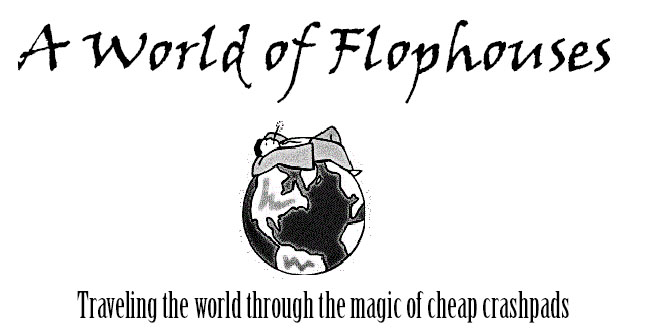

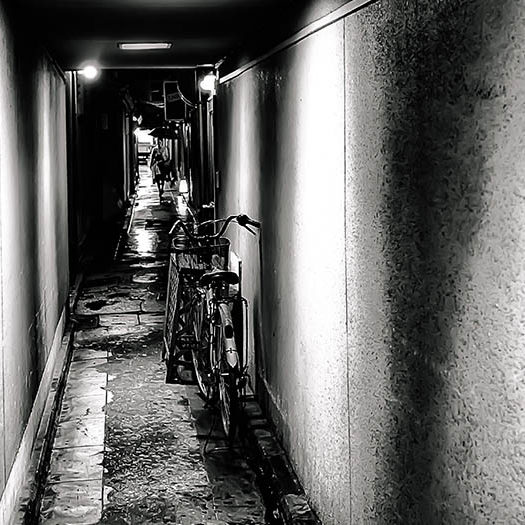
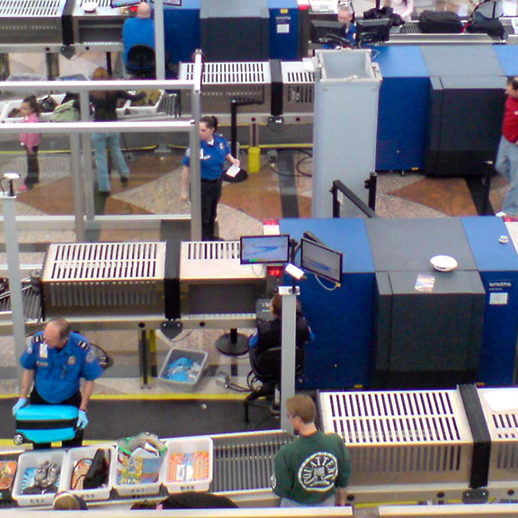
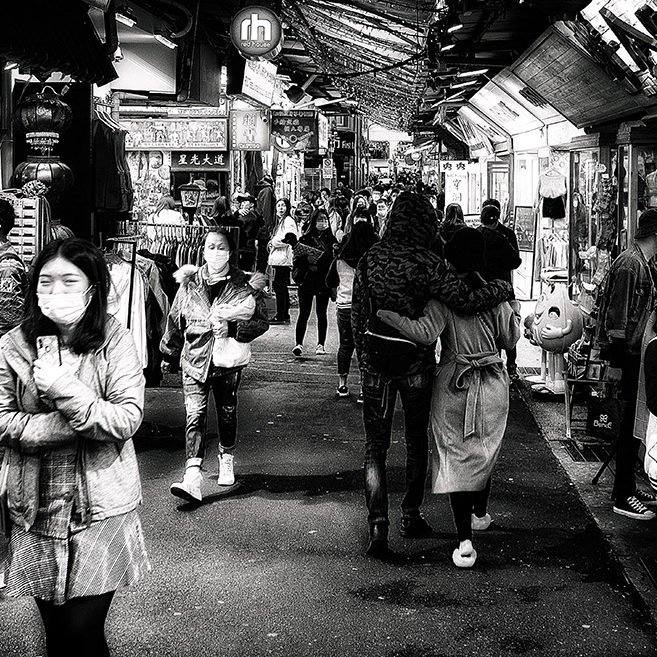
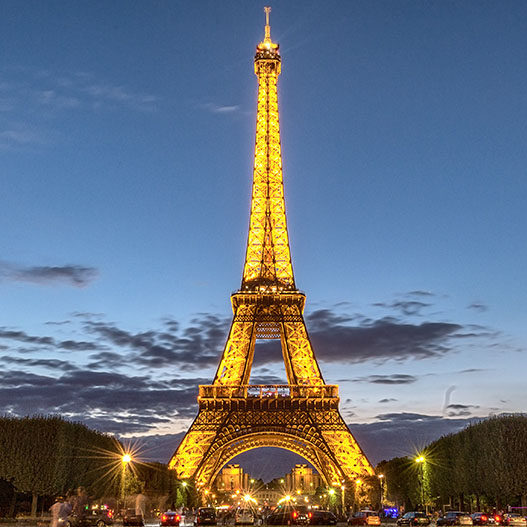
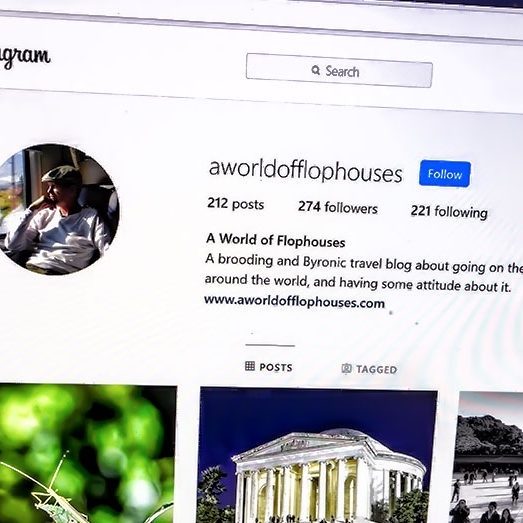


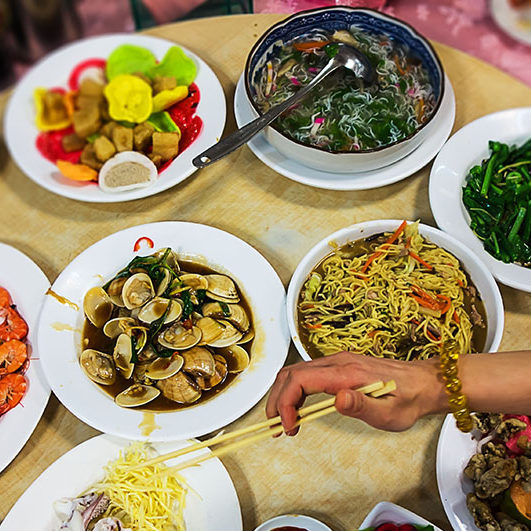
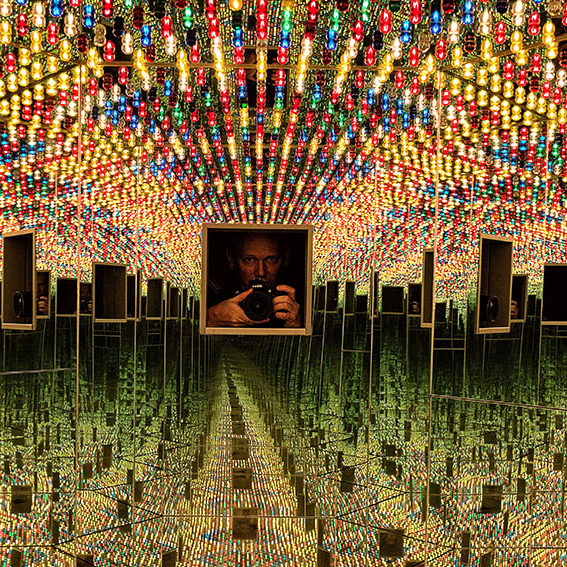
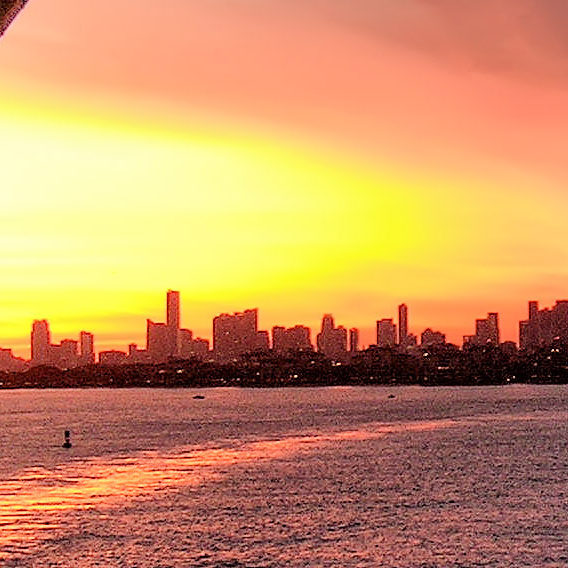


Dude, gotta tell ya, this is one hell of a well thought out and well written post. Really excellent.
Talek, that is about the strongest compliment I could get–thanks! I see you’re writiting about the situation on your blog as well.
Nice piece ! Love how you covered the impact to travel bloggers, especially those who live on it ! Indeed, international travelling will be very different post COVID. I believe domestic travels will pick up. Many countries are realising now that they have to reopen the market otherwise the economy will just crumble ! So, maybe the silver lining is that we get to travel more domestically, learn more about our own “backyard”, support local businesses, help build up local economies !
Hey Tom, great article. I agree with a lot of what you have written here especially regarding domestic travel. Travel is part of what defines us, so as soon as it is deemed safe to do so, more and more people will be dusting off the old tent and heading into the wilderness to get away from all the Zoom meetings we’ve been having! Also, the best thing to come out of this pandemic is what has happened to those poor old influencers 😉 Cheers (PS that pic of HK is a cracker!)
Thanks Matt! Yeah, HK is quite the space, and I can’t imagine how one of the most crowded cities on earth is handling this. As for the influencers, hope this pandemic shifts their entire paradigm.
It is indeed uncertain times for the world. For all of us associated with travel, things are really bad. However, we are optimistic and see travel happening again in the near future. But things will not remain what it was like prior to the pandemic. Travel will be in a new avatar. People will take more care of where they are traveling to and prefer nearby and less crowded places to start off with.
Maybe this gives us an opportunity to stop and ponder how we resume travel when we resume travel. Do we start taking travelling less for granted now? Do we turn local and seek experiences near home that we have always overlooked? Do we start taking sustainable travel practices more seriously? We watch, and as we share your sentiment, we hope that things will get better soon.
Tom, as usual, I love reading your words. Direct and real. I’ve watched all of this swirl around me, along with everyone else, and just out my head down and my bum up to focus on what I can control during these times. I’ve used the time to give my site some much-needed love and maintenance and to focus on where my work might go in the future. I haven’t created any new paths that weren’t already in the fire before this. I haven’t suddenly become an expert on working from home or how to be productive even though I consider myself to be highly experienced in both of these as a result of my corporate career and 6 years working from home. I’ll leave that to those who have flown into a new world in a panic and probably won’t be there in 12 months time. As for the influencers, I said early on that this situation would be a perfect case of natural selection for many industries and this is one which is proving to be true.
thanks Kerri, for being a rock and a pillar both to the travel bloggers out there. I’m also working my regular job from home, which is suprisingly satisfying. Once I get a few other things out of the way, I’m hoping to start some other types of writing.